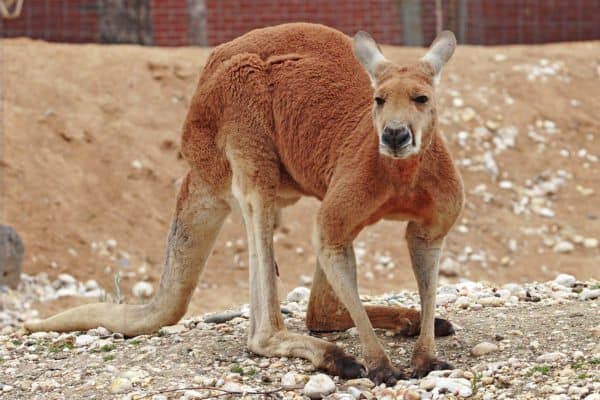 Smart savers have increasingly been turning to all-digital banking platforms or neobanks. They’ve been depositing their savings into virtual accounts in order to benefit from highly competitive interest rates.
Smart savers have increasingly been turning to all-digital banking platforms or neobanks. They’ve been depositing their savings into virtual accounts in order to benefit from highly competitive interest rates.
According to the latest data from the Australian Prudential Regulation Authority (APRA), Judo Bank had been leading the charge, as the neobank managed to secure $470 million in total household deposits in January 2020, which is up significantly from around $345 million in December of last year.
Judo mainly offers financial services to small to medium enterprise (SME) lending firms and platforms, and when accounting for business deposits, Judo presently has over $1 billion in client deposits.
The digital bank presently offers highly competitive term-deposit rates, with terms ranging from three months to as long as five years.
86 400 also reported an increase in deposits, with $120 million of deposits in January 2020, up considerably from $99 million in December 2019.
Xinja and Volt Bank are holding $75 million and $8 million in customer deposits, respectively.
Savings.com.au research reveals that 86 400 and Xinja presently provide the best joint savings account rates in Australia, at 2.25% per annum.
Neobank 86 400 currently has a base rate of 0.40% per annum, with clients being required to deposit a minimum of $1,000 each month into their Save Account, in order to qualify for the bank’s 1.85% per year bonus rate.
Xinja is notably one of the few digital banks that offers an unconditional rate. The bank offers a market-leading rate for all customer deposits up to $245,000.
Neobank Volt also offers an unconditional rate, but only on account balances up to $245,000.
Volt was introduced in beta mode in December 2019 to its 40,000 potential clients who were on its waitlist. The digital bank is expected to officially launch in the coming months.
APRA data shows that neobanks might be here to stay, and could begin to challenge Australia’s Big Four banks (Commonwealth Bank of Australia, Westpac Banking Corporation, Australia and New Zealand Banking Group, and National Australia Bank) for market share.

